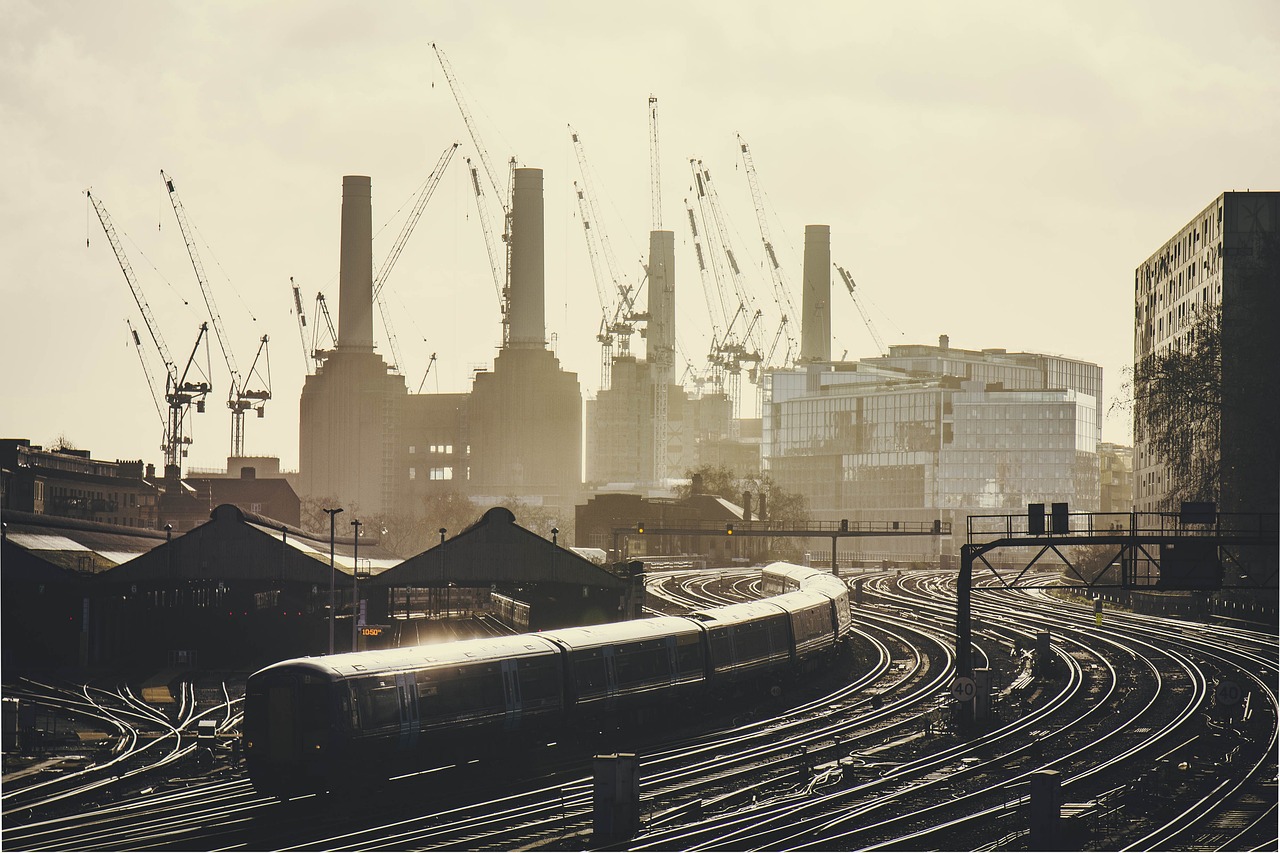Until industrialism, the main source of energy used in everyday activities was human and animals power. At the beginning of the Industrial Revolution around the 1750s, mills and factories started to rely on an absolutely new technology – flowing water and later – steam to power the ever-larger machinery that was never seen before. Industrialism is technology that powers sophisticated machinery with advanced sources of energy.
When this technology spread and became available, societies began to change extremely fast. Industrial societies transformed themselves more in one century than they had in thousands of years before. During the 19th century, railways and steamships revolutionised transportation, and steel-framed skyscrapers recast the urban landscape, dwarfing the cathedrals that symbolised an earlier age.
As the 20th century began, the internal combustion engine further reshaped Western societies, and electricity was fast becoming the basis for countless ‘modern conveniences’. Electronic communication, including the telephone, radio and television, was mass-producing cultural patterns and gradually making a big world seem smaller and smaller. More recently, transportation technology has given humanity the capacity to fly faster than sound and even break the bonds of earth. Nuclear power has also changed the world forever. And, during the last generation, computers have ushered in the Information Revolution, dramatically increasing humanity’s capacity to process words and numbers.
As it could be deducted – work, too, has changed. In agrarian societies, most men and women work in the home and on the land. Industrial societies, however, creates factories near centralised machinery and energy sources. Lost in the process are close working relationships and strong kinship ties and many of the traditional beliefs that guide agrarian life.
Even though if health in Europe and North America’s new industrial cities was poor in the beginning, a rising standard of living and advancing health-related technology gradually helped to put infectious diseases under control. As a consequence, life expectancy increased causing a rapid population growth. Industrialisation also pushed people from the countryside to the cities where the factories were built. This is a topic worth an individual piece – how bourgeoisie (owners of the capital) managed to create “free labour” needed for their production and forced people out of the rural areas to the cities.
Occupational specialisation became more distinctive than ever before. In industrial societies people often size up one another in terms of their jobs, rather than according to their kinship ties as agrarian people do. Rapid change and movement from place to place also generate anonymity and cultural diversity, sparking numerous subcultures and countercultures.
Industrial technology recasts the family relations, too, diminishing its traditional importance as the centre of social life. No longer does the family serve as the primary setting for economic production, learning and religious worship. Technological change also underlies the trend away from so-called traditional families to many single people, divorced people, single-parent families, lesbian and gay couples and stepfamilies.
Important to mention, that early industrialisation concentrated the benefits of advancing technology on a small population segment, with the majority living in poverty. There is a shocking amount of homeless people or people with mental disorders, due to the rapid change of social relations, drop of the family ties or religious importance.
While most people in agrarian societies are illiterate, industrial societies provide state-funded schooling and confer numerous political rights on virtually everyone. Industrialisation, in fact, intensifies demands for political participation, as seen recently in South Korea, Taiwan, the People’s Republic of China, the former Soviet Union, and the societies of eastern Europe.
Subscribe today
Join the mailing list in which, from time to time, I will send updates on what is happening here. Don’t miss the latest content!
